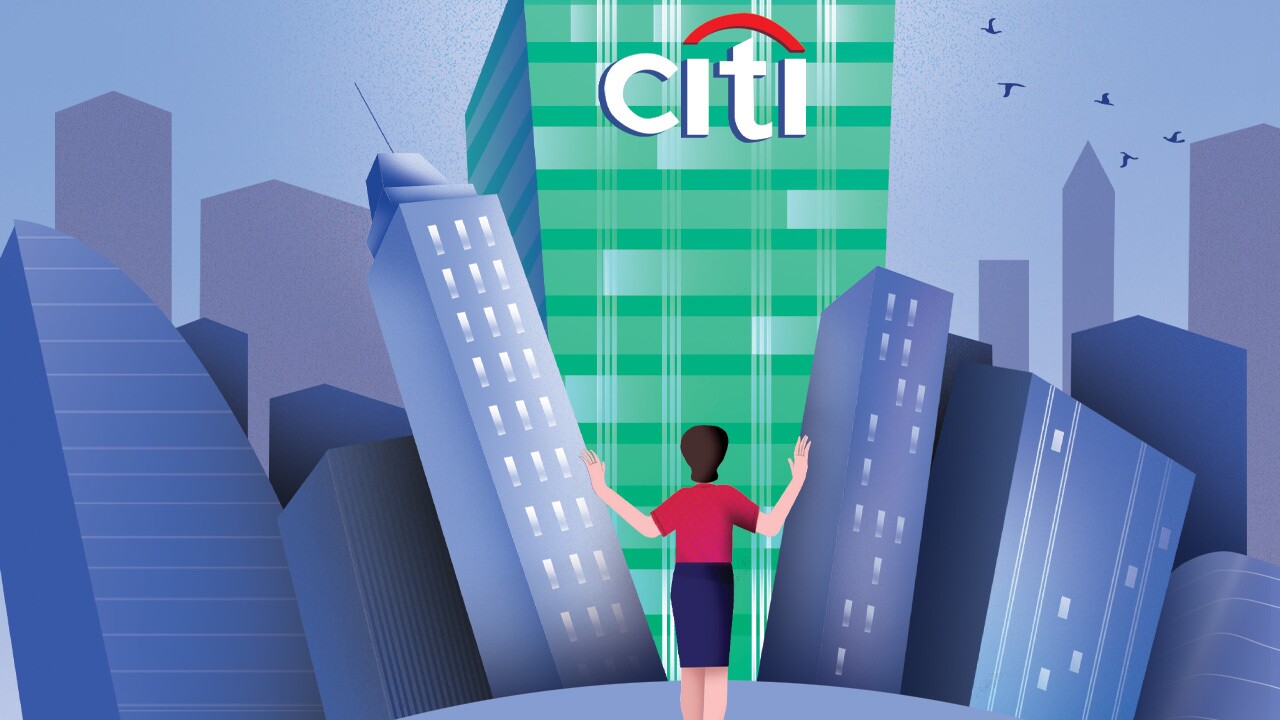
The bank is sticking to the 2026 profitability targets
"In periods of stress, we have shown that we are a port during the storm for our clients, the global markets and the economy — and this time is no different. We are ready to lean in," Fraser said. "We shall not allow the uncertainty to distract us from executing our strategy and improving our returns."
The bank's first-quarter revenue and expenses, at $21.6 billion and $13.4 billion, were stronger than analyst expectations. Mason added that, "based on what we know today,"
Net income in the first quarter hit $4.1 billion, or $1.96 per diluted share, marking a more than 20% increase from the year prior, and slamming past analyst estimates.
But Ebrahim Poonawala, an analyst at Bank of America, said on the call that there was "fragility" to the profitability goal that was making investors nervous. Mike Mayo, an analyst at Wells Fargo, said investors needed reassurance that
Since President Donald Trump announced, and subsequently rolled back, tariff policies earlier this month, companies and investors have
"You are the bank that facilitates global trade in the middle of a global trade war," Mayo said. "And so I think the concern is not just the possibility that revenues will nosedive, but that credit will implode, or, as I've heard many, many times, that
Fraser said the company had strong capital and liquidity to deploy, and noted that
The bank also provides day-to-day services for local businesses less sensitive to tariffs, Fraser said.
Mason said the breakdown of the bank's services and products that fuel revenue growth may evolve as the economic landscape becomes clearer. As some lines of business face pressure, others could overperform to compensate, he said. Mason added that if revenue does decline, expenses on items like volume-related transaction costs would decrease in tandem.
"We're a very different bank than the one we were a few years ago, in terms of our business mix, our risk profile and all the investments we've made into the business," Fraser said. "And I think you can see us managing the bank, doing what we say we'll do and please take some confidence in that."
The company has long been criticized for its lagging financial performance and its complexity. CEO Jane Fraser is pushing through Citigroup's most recent transformation plan, but will she succeed where her predecessors have failed?
The company has also been making efforts to optimize capital, Mason said. In the first quarter,
However, Mason added that regulatory capital requirements, including the stress capital buffer, will play a part in how much the bank can pull from that cushion. The banking industry has been hopeful that the Trump administration's financial regulators will loosen capital requirements.
Fraser said in her opening remarks that although "the world is in a wait-and-see" mode amid a more negative macro outlook than previously expected, "the changes underway" are not all about trade and tariffs.
"In the U.S., for example, regulation and tax policy are all likely to look different in a year's time," Fraser said. "We welcome changes being discussed in our own industry to place more focus on material financial risks and make it easier for banks to contribute to economic growth and to improve client service."






